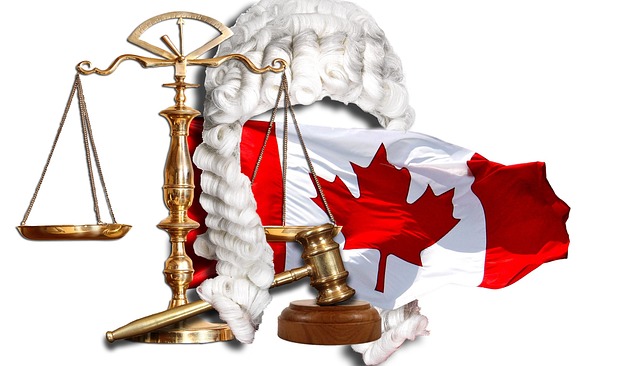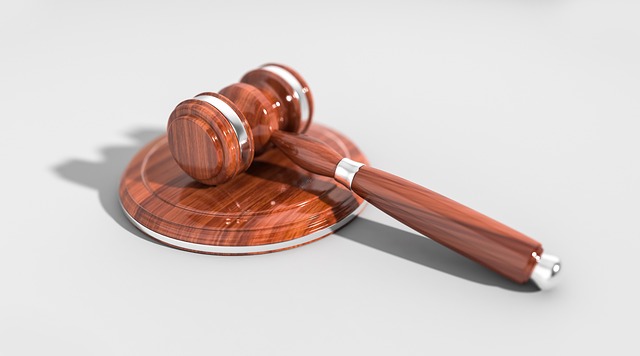Understanding consumer protection laws is vital for businesses aiming to thrive in regulated environments. Non-compliance can lead to significant harm, including financial losses and legal consequences. Common defenses in litigation focus on questioning regulation validity, proving lack of malicious intent, or showcasing reasonable compliance efforts. Businesses should prioritize ethical practices, transparency, meticulous record-keeping, and proactive risk mitigation strategies to bolster defenses and protect their reputation.
Navigating regulatory compliance issues is essential for businesses aiming to avoid consumer protection litigation. This article delves into critical aspects of understanding and adhering to consumer protection laws, exploring their profound impact on corporate operations. We examine common failures that lead to legal consequences, offering insights into potential pitfalls. Additionally, discover effective strategies for defending against consumer protection litigation, focusing on robust Common Defenses in Consumer Protection Litigation.
- Understanding Consumer Protection Laws and Their Impact on Businesses
- Common Regulatory Compliance Failures and Their Consequences
- Effective Strategies for Defending Against Consumer Protection Litigation
Understanding Consumer Protection Laws and Their Impact on Businesses
Understanding consumer protection laws is paramount for businesses aiming to navigate the regulatory landscape successfully. These laws, designed to safeguard consumers’ rights and interests, can significantly impact operations, marketing strategies, and overall business growth. Businesses must be vigilant in adhering to various federal and state regulations to avoid potential pitfalls that could lead to costly litigation. Common defenses in consumer protection litigation often center around misunderstanding or misinterpretation of these laws, demonstrating that the respective business acted in good faith and with reasonable care.
By employing robust compliance measures, businesses can mitigate risks and build a strong defense against allegations. A winning challenging defense verdict not only safeguards the business’s reputation but also underscores its commitment to ethical practices. Achieving extraordinary results in such cases can foster trust among consumers and peers alike, demonstrating that the respective business is a responsible corporate citizen.
Common Regulatory Compliance Failures and Their Consequences
Regulatory compliance failures can have severe consequences for businesses, often leading to significant financial penalties, reputational damage, and legal implications. Common defenses in consumer protection litigation include challenging the validity of regulations, asserting that the business had no malicious intent, or demonstrating reasonable efforts to comply. However, these strategies vary greatly depending on the nature of the violation and the jurisdiction.
When companies face charges of white-collar and economic crimes, their defense often hinges on the nuances of specific laws and their interpretation. A robust general criminal defense strategy involves meticulous record-keeping, clear communication channels, and immediate reporting of irregularities. An unprecedented track record of successful compliance programs can also serve as a powerful shield, demonstrating to regulators and courts that the company takes its obligations seriously.
Effective Strategies for Defending Against Consumer Protection Litigation
In the face of burgeoning consumer protection litigation, businesses must arm themselves with robust strategies to defend against legal claims. One of the key objectives is to demonstrate a commitment to ethical business practices and transparency, which can serve as a strong common defense. Companies should maintain comprehensive records of their marketing, sales, and customer interaction strategies, ensuring compliance with relevant regulations. This documentation plays a crucial role in navigating all stages of the investigative and enforcement process, providing clear evidence of good faith efforts to adhere to consumer protection laws.
Moreover, staying proactive is vital. Businesses can achieve extraordinary results by implementing rigorous internal controls and training programs to prevent white-collar and economic crimes. Regular reviews of business operations and an open culture that encourages employee disclosures can mitigate risks significantly. By combining these measures with a solid understanding of the legal landscape, companies can fortify their defenses, ensuring they remain compliant and protect their brand reputation in the event of litigation.
In navigating the complex landscape of consumer protection laws, businesses must remain vigilant against potential regulatory compliance issues. By understanding the impact of these laws and implementing effective strategies, such as adopting robust internal controls and providing comprehensive employee training, companies can defend against litigation and foster trust with their customers. Common defenses in consumer protection litigation, including challenging the validity of claims and demonstrating good faith efforts to comply, are essential tools for mitigating risks and ensuring long-term success.






